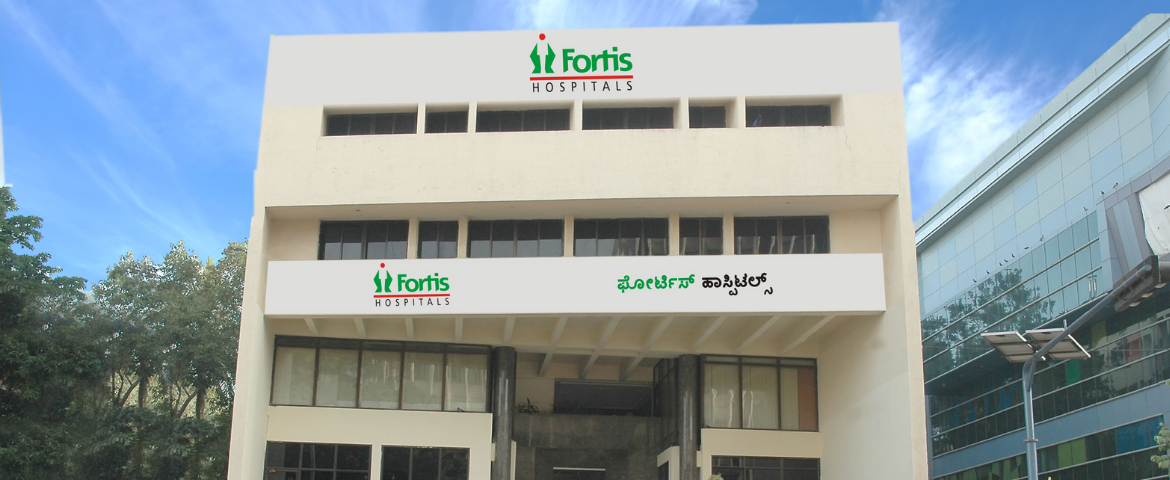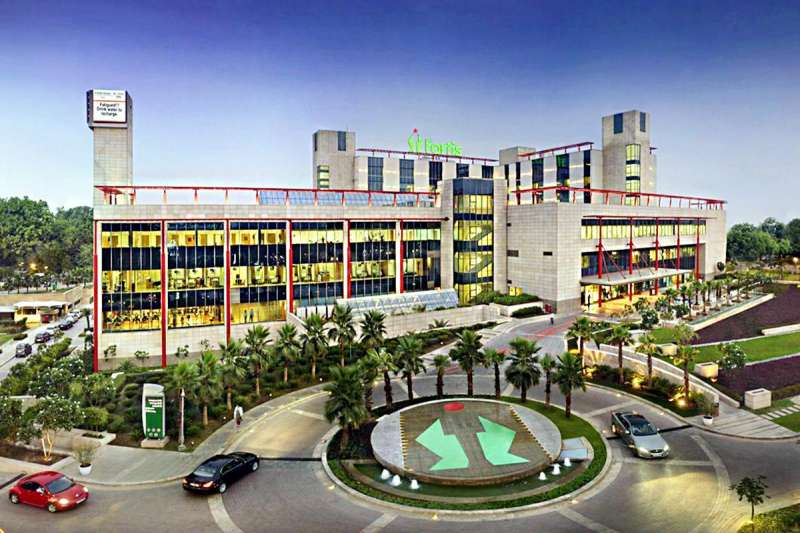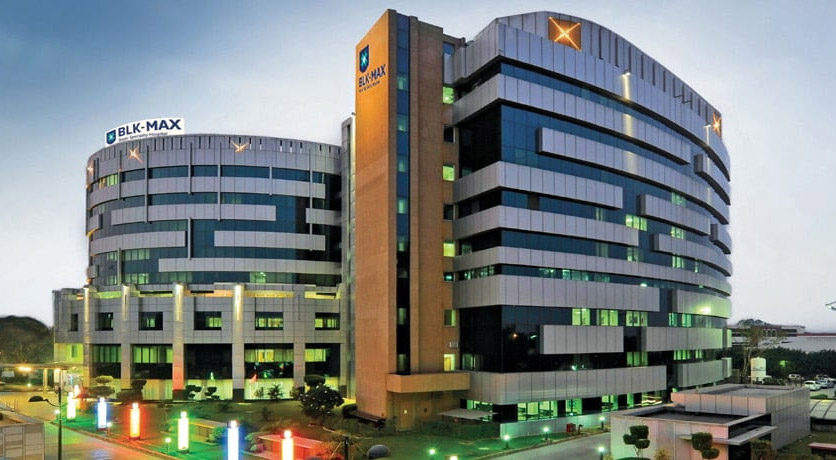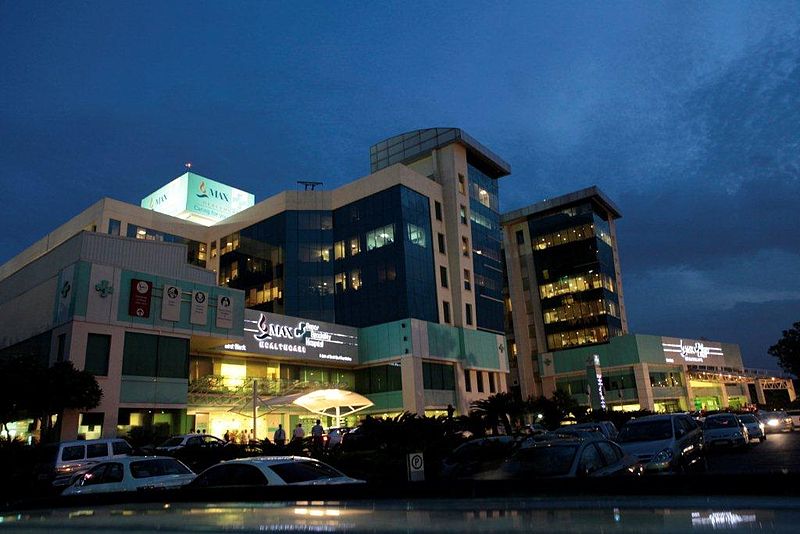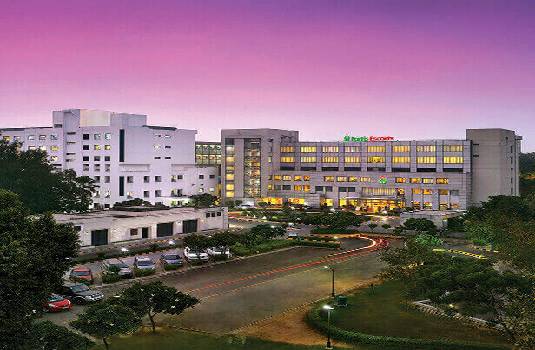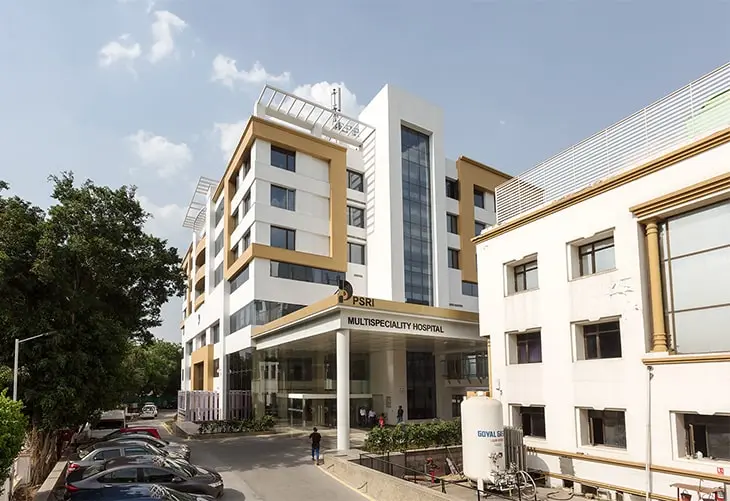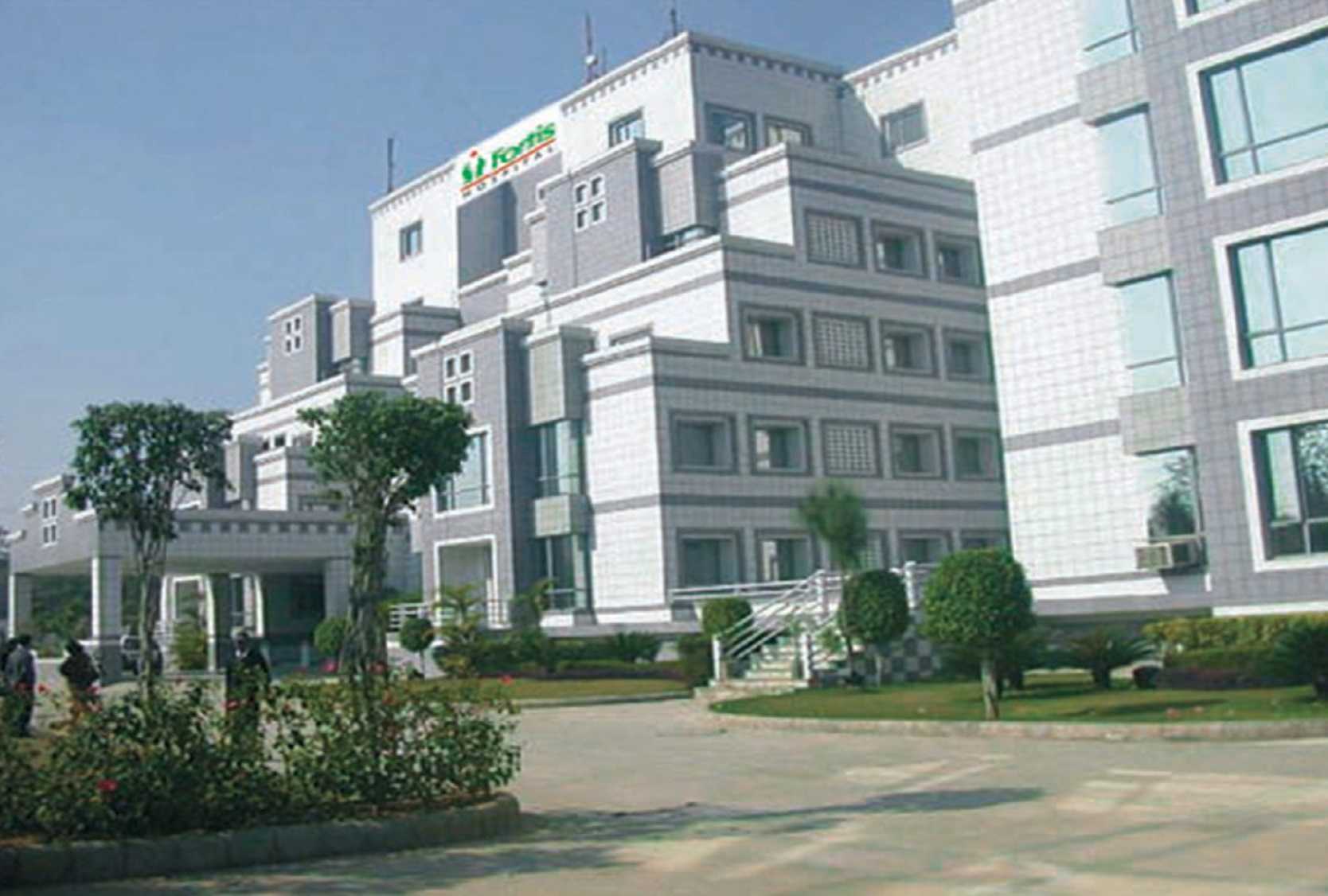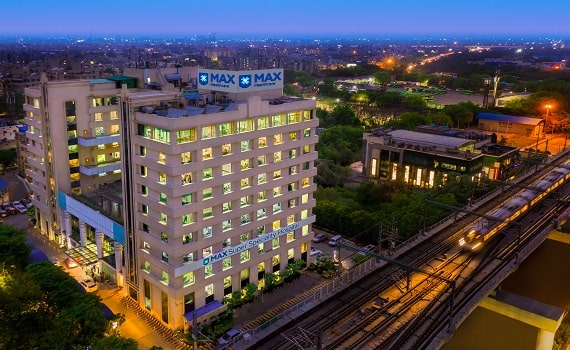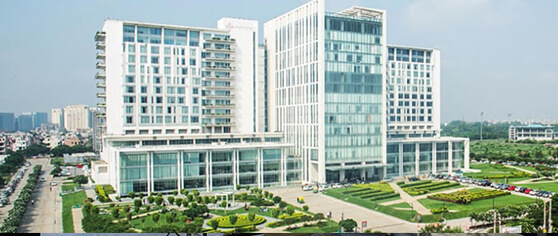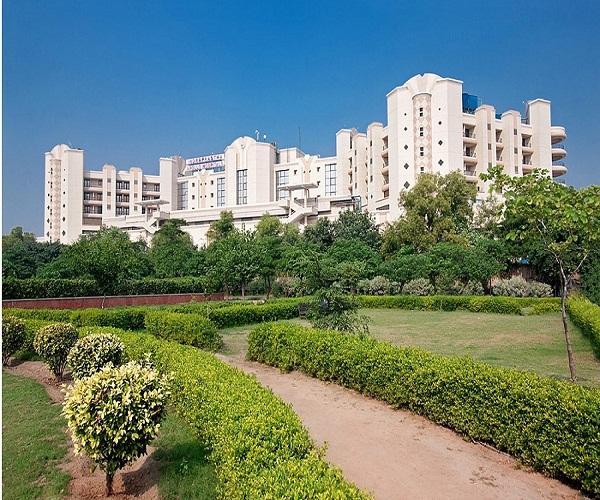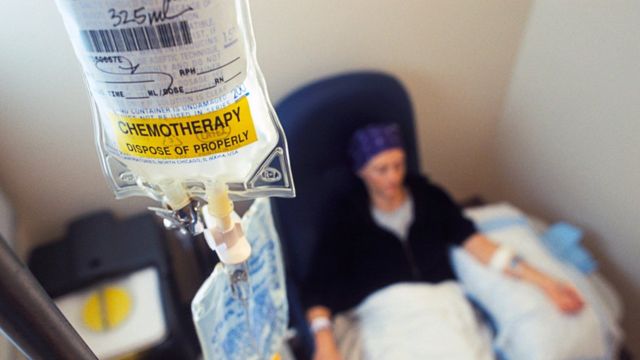Chaemotherapy cost in India
The cost of Chaemotherapy in India ranges
from USD 1500 to USD 5000
Chaemotherapy
Chemotherapy is a medicinal treatment that employs strong chemicals to kill your body's fast-growing cells. Chemotherapy is most commonly used to treat cancer because cancer cells grow and proliferate significantly faster than the rest of the body's cells. Chemotherapy medications come in a variety of forms.
Chaemotherapy
Chemotherapy is a medicinal treatment that employs strong chemicals to kill your body's fast-growing cells. Chemotherapy is most commonly used to treat cancer because cancer cells grow and proliferate significantly faster than the rest of the body's cells. Chemotherapy medications come in a variety of forms.
Disease Overview:
Cancer
Cancer is a broad term for a variety of disorders defined by the uncontrollable division of aberrant cells with the capacity to infiltrate and destroy normal human tissue. Cancer has a high proclivity for spreading throughout the body.
Cancer is the world's second-leading cause of death. However, because to advancements in cancer detection, therapy, and prevention, survival rates for many forms of cancer are improving.
Disease Signs and Symptoms:
Cancer's signs and symptoms vary depending on whatever region of the body is afflicted.
The following are some generic indications and symptoms that are linked to cancer but are not unique to it:
- Fatigue
- Under the skin, there is a lump or a thickening that may be felt.
- Weight fluctuations, such as unintentional weight loss or gain
- Skin changes such as skin yellowing, darkening, or redness, open wounds that don't heal, or changes to existing moles are all signs of a problem.
- Changes in the way you eat or how you use the bathroom
- Coughing that won't go away or problems breathing
- Swallowing problems
- Hoarseness
- Consistent indigestion or discomfort after eating Muscle or joint pain that is unexplained
- Fevers or night sweats that don't go away or aren't explained
- Bleeding or bruising that isn't explained
Disease Causes:
Changes (mutations) in the DNA of cells are the cause of cancer. Each gene in a cell has a collection of instructions that teach the cell what functions to execute as well as how to grow and divide. Errors in the instructions can cause a cell to cease functioning normally and even lead it to become malignant.
A healthy cell can be told by a gene mutation to:
Allow for quick expansion. A gene mutation might cause a cell to divide and expand more quickly. This produces a large number of new cells with the same mutation.
Stopping uncontrolled cell development is a failure. Normal cells know when to cease growing so that the number of each type of cell is just perfect. Tumor suppressor genes, which tell cancer cells when to stop growing, are lost in cancer cells. Cancer cells can continue to proliferate and accumulate due to a mutation in a tumour suppressor gene.
When it comes to fixing DNA flaws, make mistakes. DNA repair genes seek for and correct mistakes in a cell's DNA. Other mistakes may not be fixed as a result of a mutation in a DNA repair gene, leading to malignant cells.
These are the most prevalent types of cancer mutations. However, numerous additional gene alterations can have a role in the development of cancer.
Gene mutations can develop for a variety of causes, including:
You are born with some gene mutations. You might be born with a genetic mutation that your parents passed down to you. Only a tiny fraction of tumours are caused by this mutation.
After-birth gene mutations are a type of genetic mutation that occurs after a person is born. Most gene mutations happen after you're born and aren't passed down via your family. Smoking, radiation, viruses, cancer-causing chemicals (carcinogens), obesity, hormones, chronic inflammation, and a lack of exercise are only some of the factors that can trigger DNA alterations.
During normal cell development, gene mutations are common. Cells, on the other hand, have a system that identifies when a mistake is made and corrects it. Occasionally, a blunder gets overlooked. This has the potential to turn a cell malignant.
Gene mutations that you are born with and those that you acquire over time combine to create disease.
For example, just because you've inherited a cancer-predisposing genetic mutation doesn't indicate you'll acquire cancer. Instead, one or more additional gene alterations may be required to produce cancer. When exposed to a cancer-causing material, your inherited gene mutation may make you more likely to acquire cancer than other people.
It's unclear how many mutations are required for cancer to develop. This is likely to differ depending on the type of cancer.
Factors that are at risk
While doctors have an understanding of what variables may raise your cancer risk, the majority of malignancies are diagnosed in patients who have no known risk factors. The following are some of the factors that have been linked to an increased risk of cancer:
Age Factor
It might take decades for cancer to form. That's why the majority of cancer patients are 65 or older. While cancer is more frequent in older persons, it is not limited to them. Cancer can strike anybody at any age.
Your routines
Certain lifestyle choices have been linked to a higher risk of cancer. Cancer can be caused by smoking, drinking more than one drink per day for women and up to two drinks per day for males, excessive sun exposure or frequent blistering sunburns, being fat, and having unsafe sex.
You may reduce your cancer risk by changing these behaviours, however some are simpler to modify than others.
Your family's background
Only a tiny percentage of malignancies are caused by a genetic mutation. If your family has a history of cancer, it's probable that mutations are handed down from generation to generation. You could be a good candidate for genetic testing to check whether you have any hereditary mutations that raise your risk of cancer. It's important to remember that having an inherited genetic mutation doesn't indicate you'll acquire cancer.
Your health problems
Certain chronic health disorders, such as ulcerative colitis, can significantly raise your chance of acquiring cancer. Discuss your risk with your doctor.
An hereditary disease causes just a tiny percentage of malignancies. If cancer runs in your family, mutations may be passed down from generation to generation. You might be a candidate for genetic testing to check whether you have inherited mutations that raise your risk of cancer. It's important to remember that having an inherited genetic mutation doesn't always guarantee you'll acquire cancer.
Your surroundings
The environment you live in may include dangerous substances that raise your cancer risk. If you go places where people smoke or live with someone who smokes, you may inhale secondhand smoke even if you don't smoke. Asbestos and benzene, which may be found in your home or workplace, have also been linked to an elevated risk of cancer.
Disease Diagnosis:
Screening for cancer
The best chance for a cure is to diagnose cancer in its early stages. With this in mind, discuss your options for cancer screening with your doctor.
Studies demonstrate that screening tests can save lives by detecting cancer early in a select malignancies. Screening tests for various malignancies are only suggested for persons who are at a higher risk.
Cancer screening recommendations and guidelines are available from a number of medical organisations and patient advocacy organisations. Examine the various guidelines with your doctor, and together you can decide what is best for you based on your own cancer risk factors.
To diagnose cancer, your doctor may use one or more of the following methods:
Examination of the body. Your doctor may feel for bumps on your body that might signal cancer. During a physical examination, your doctor may search for anomalies that might suggest the presence of cancer, such as changes in skin colour or organ enlargement.
Tests in the lab Laboratory testing, such as urine and blood tests, may aid your doctor in detecting cancer-related abnormalities. A standard blood test called a complete blood count, for example, may detect an unusual quantity or kind of white blood cells in persons with leukaemia.
Imaging tests are performed. Noninvasive imaging examinations allow your doctor to inspect your bones and internal organs. A computed tomography (CT) scan, bone scan, magnetic resonance imaging (MRI), positron emission tomography (PET) scan, ultrasound, and X-ray are some of the imaging techniques used to diagnose cancer.
Biopsy. During a biopsy, your doctor takes a sample of cells for laboratory testing. A sample can be collected in a variety of ways. The sort of cancer you have and where it is located determine which biopsy method is best for you. In most cases, a biopsy is the only option to confirm a cancer diagnosis.
Doctors examine cell samples under a microscope in the laboratory. Normal cells have identical diameters and are organised in a logical manner. Cancer cells have a disorganised appearance, with various sizes and no obvious structure.
Stages of cancer
Your doctor will seek to identify the extent (stage) of your cancer once it has been identified. Your doctor will use the stage of your cancer to assess your treatment options and prospects of a cure.
Imaging tests, such as bone scans or X-rays, may be used as part of the staging process to check if the cancer has spread to other regions of the body.
The digits 0 through 4, which are typically represented as Roman numerals 0 through IV, are used to signify cancer stages. Higher figures imply that the cancer has progressed. The cancer stage is marked by letters or phrases in several kinds of cancer.
Disease Treatment:
There are several cancer therapies available. The kind and stage of your cancer, as well as your overall health and preferences, will all influence your treatment options. You and your doctor can decide which cancer therapy is best for you by weighing the advantages and dangers of each option.
Cancer therapy objectives
Treatments for cancer have a variety of goals, including:
Cure. The objective of treatment is to cure your cancer and restore your ability to live a normal life. Depending on your unique scenario, this may or may not be doable.
The first line of defence. A main treatment's purpose is to eradicate the cancer from your body or to destroy the cancer cells.
Any cancer therapy can be utilised as a first line of defence, however surgery is the most common first line of defence for the most prevalent malignancies. You may get one of these therapies as your primary treatment if your cancer is very susceptible to radiation therapy or chemotherapy.
Treatment as a preventative measure. The purpose of adjuvant therapy is to eliminate any cancer cells that remain after initial treatment, lowering the chances of the cancer returning.
Adjuvant therapy can be used with any cancer treatment. Chemotherapy, radiation treatment, and hormone therapy are all common adjuvant therapies.
Palliative care is a term that refers to a type of therapy that Palliative therapy can assist with treatment side effects as well as cancer-related signs and symptoms. When a cure isn't feasible, surgery, radiation, chemotherapy, and hormone treatment can all be used to ease symptoms and slow the spread of cancer. Pain and shortness of breath may be relieved by medications.
Palliative care can be used in conjunction with other therapies aimed at curing your cancer.
Treatments for cancer
When it comes to treating cancer, doctors have a wide range of options. Treatment options for cancer include:
Surgery. Surgery's purpose is to eliminate the malignancy, or as much of it as feasible.
Chemotherapy. Chemotherapy is a treatment that employs chemicals to destroy cancer cells.
Radiation therapy is a type of treatment that involves the use of To destroy cancer cells, radiation treatment employs high-powered energy beams such as X-rays and protons. Radiation therapy can originate from a machine outside your body (external beam radiation) or from within your body (internal beam radiation) (brachytherapy).
Transplantation of bone marrow. A stem cell transplant is another name for a bone marrow transplant. The stuff inside your bones that produces blood cells is called bone marrow. Your own cells or cells from a donor can be used in a bone marrow transplant.
A bone marrow transplant allows your doctor to treat your cancer with larger chemotherapy dosages. It can also be used to replace bone marrow that has become diseased.
Chemotherapy. Chemotherapy is a treatment that involves administering chemicals to cancer cells in order to destroy them.
Radiation therapy is a type of treatment in which the patient is exposed Radiation treatment kills cancer cells by bombarding them with high-powered radiation beams like X-rays and protons. External beam radiation is delivered by a machine outside your body, whereas internal beam radiation is delivered by a machine within your body (brachytherapy).
Transplantation of bone marrow A stem cell transplant or a bone marrow transplant are both terms for the same procedure. The stuff that generates blood cells is called bone marrow, and it is found within your bones. Your own cells or donor cells can be used in a bone marrow transplant.
Your doctor can use greater doses of chemotherapy to treat your cancer after a bone marrow transplant. It might potentially be used to replace bone marrow that has become damaged.
Country wise cost comparison for Chaemotherapy:
| Country | Cost |
|---|---|
| India | $1980 |
| Turkey | $2851 |
| Thailand | $2029 |
| United Arab Emirates | $5180 |
| Singapore | $2919 |
| Canada | $11989 |
Treatment and Cost
23
Total Days
In Country
- 2 Day in Hospital
- 2 No. Travelers
- 21 Days Outside Hospital
Treatment cost starts from
$2200
Popular Hospital & Clinic
Featured Hospital
9 Hospitals
Types of Chaemotherapy in Fortis Memorial Research Institute and its associated cost
| Treatment Option | Approximate Cost Range (USD) |
|---|---|
| No Treatment option added | |
- Address: Sector - 44, Opp. HUDA City Center,Gurgaon, Haryana - 122002, India
- Facilities related to Fortis Memorial Research Institute: Private Rooms, Translator, Nursery / Nanny Services, Airport Pick up, Personal Assistance / Concierge, Free Wifi, Local Tourism Options, International Cuisine, Phone in Room, Private Driver / Limousine Services, Post operative followup, Mobility Accessible Rooms, Online Doctor Consultation, Air Ambulance, Religious Facilities, Rehabilitation, Cafe, TV in room, Car Hire, Health Insurance Coordination,
50
DOCTORS IN 35 SPECIALITIES
20+
FACILITIES & AMENITIES
Types of Chaemotherapy in BLK-Max Super Speciality Hospital and its associated cost
| Treatment Option | Approximate Cost Range (USD) |
|---|---|
| No Treatment option added | |
- Address: Pusa Road, New Delhi-110005
- Facilities related to BLK-Max Super Speciality Hospital: Private Rooms, Translator, Nursery / Nanny Services, Personal Assistance / Concierge, Free Wifi, International Cuisine, Phone in Room, Private Driver / Limousine Services, Post operative follow-up, Mobility Accessible Rooms, Rehabilitation, Cafe, TV in room, Car Hire, Health Insurance Coordination
17
DOCTORS IN 33 SPECIALITIES
20+
FACILITIES & AMENITIES
Types of Chaemotherapy in Max Super Speciality Hospital and its associated cost
| Treatment Option | Approximate Cost Range (USD) |
|---|---|
| No Treatment option added | |
- Address: Max Super Speciality Hospital No. 1, 2, Press Enclave Road, Mandir Marg, Saket Institutional Area, Saket, New Delhi, Delhi, 110017, India
- Facilities related to Max Super Speciality Hospital:
53
DOCTORS IN 34 SPECIALITIES
20+
FACILITIES & AMENITIES
Types of Chaemotherapy in Fortis Escorts Heart Institute and its associated cost
| Treatment Option | Approximate Cost Range (USD) |
|---|---|
| No Treatment option added | |
- Address: Okhla Road,New Delhi - 110 025 (INDIA)
- Facilities related to Fortis Escorts Heart Institute: Private Rooms, Translator, Nursery / Nanny Services, Personal Assistance / Concierge, Free Wifi, International Cuisine, Phone in Room, Private Driver / Limousine Services, Post operative follow-up, Mobility Accessible Rooms, Rehabilitation, Cafe, TV in room, Car Hire, Health Insurance Coordination
19
DOCTORS IN 33 SPECIALITIES
20+
FACILITIES & AMENITIES
Types of Chaemotherapy in PSRI Hospital and its associated cost
| Treatment Option | Approximate Cost Range (USD) |
|---|---|
| No Treatment option added | |
- Address: Press Enclave Marg, J Pocket, Phase II, Sheikh Sarai, New Delhi, Delhi 110017
- Facilities related to PSRI Hospital: Private Rooms, Translator, Nursery / Nanny Services, Personal Assistance / Concierge, Free Wifi, International Cuisine, Phone in Room, Private Driver / Limousine Services, Post operative follow-up, Mobility Accessible Rooms, Rehabilitation, Cafe, TV in room, Car Hire, Health Insurance Coordination
8
DOCTORS IN 33 SPECIALITIES
20+
FACILITIES & AMENITIES
Types of Chaemotherapy in Fortis Flt. Lt. Rajan Dhall Hospital, Vasant Kunj, Delhi and its associated cost
| Treatment Option | Approximate Cost Range (USD) |
|---|---|
| No Treatment option added | |
- Address: Fortis Flt. Lt. Rajan Dhall Hospital, Aruna Asaf Ali Marg, Pocket 1, Sector B, Vasant Kunj, New Delhi, Delhi 110070
- Facilities related to Fortis Flt. Lt. Rajan Dhall Hospital, Vasant Kunj, Delhi: Private Rooms, Translator, Nursery / Nanny Services, Personal Assistance / Concierge, Free Wifi, International Cuisine, Phone in Room, Private Driver / Limousine Services, Post operative follow-up, Mobility Accessible Rooms, Rehabilitation, Cafe, TV in room, Car Hire, Health Insurance Coordination
46
DOCTORS IN 34 SPECIALITIES
20+
FACILITIES & AMENITIES
Types of Chaemotherapy in MAX Super Speciality hospital, Patpadganj Delhi and its associated cost
| Treatment Option | Approximate Cost Range (USD) |
|---|---|
| No Treatment option added | |
- Address: 108A, Indraprasth Extension, Patpadganj, New Delhi- 110092, India
- Facilities related to MAX Super Speciality hospital, Patpadganj Delhi: Private Rooms, Translator, Nursery / Nanny Services, Personal Assistance / Concierge, Free Wifi, International Cuisine, Phone in Room, Private Driver / Limousine Services, Post operative follow-up, Mobility Accessible Rooms, Rehabilitation, Cafe, TV in room, Car Hire, Health Insurance Coordination
52
DOCTORS IN 33 SPECIALITIES
20+
FACILITIES & AMENITIES
Types of Chaemotherapy in Medanta-The Medicity, Gurgaon and its associated cost
| Treatment Option | Approximate Cost Range (USD) |
|---|---|
| No Treatment option added | |
- Address: CH Baktawar Singh Road, Sector 38, Gurugram, Haryana 122001
- Facilities related to Medanta-The Medicity, Gurgaon: TV in room Private rooms, Free Wifi, Phone in Room, Mobility accessible rooms, Family accommodation, Laundry, Welcome Safe in the room, Nursery / Nanny services. Dry cleaning, Personal assistance / Concierge Religious facilities, Fitness Spa and wellness Café, Business Centre, Shop, Dedicated smoking areas, Beauty Salon, Special offer for group stays, Parking available, Health insurance coordination, Medical travel insurance, Foreign currency exchange, ATM, Credit Card, Debit Card, Net banking, Diet on Request, Restaurant, International Cuisine, Treatment Related Medical records transfer, Online doctor consultation, Rehabilitation, Pharmacy, Document legalization, Post operative follow-up, Language Interpreter, Translation services, Transportation, Airport pickup, Local tourism options, Local transportation booking, Visa / Travel office, Car Hire, Private driver / Limousine services, Air ambulance
52
DOCTORS IN 33 SPECIALITIES
20+
FACILITIES & AMENITIES
Types of Chaemotherapy in Indraprastha Apollo Hospitals, New Delhi and its associated cost
| Treatment Option | Approximate Cost Range (USD) |
|---|---|
| No Treatment option added | |
- Address: Mathura Rd, Jasola Vihar, New Delhi, Delhi 110076
- Facilities related to Indraprastha Apollo Hospitals, New Delhi: Private Rooms, Translator, Nursery / Nanny Services, Personal Assistance / Concierge, Free Wifi, International Cuisine, Phone in Room, Private Driver / Limousine Services, Post operative follow-up, Mobility Accessible Rooms, Rehabilitation, Cafe, TV in room, Car Hire, Health Insurance Coordination
37
DOCTORS IN 33 SPECIALITIES
20+
FACILITIES & AMENITIES
Related Packages
More Related Information
Some of the top rated doctors are:
- Saudi Arabia

